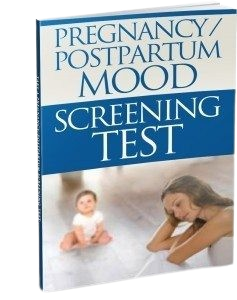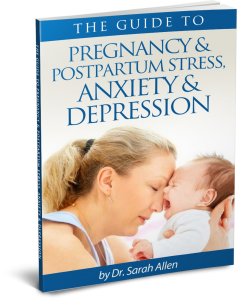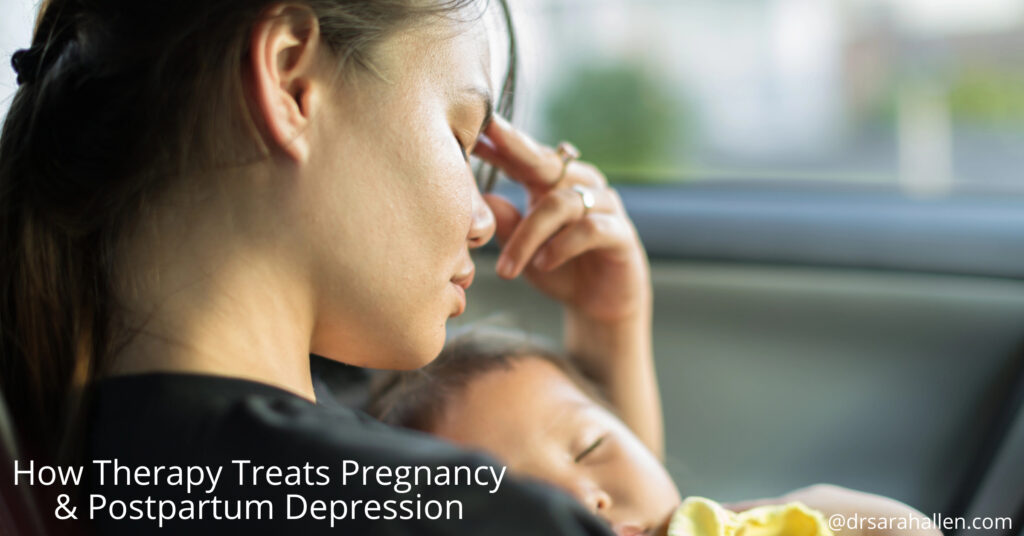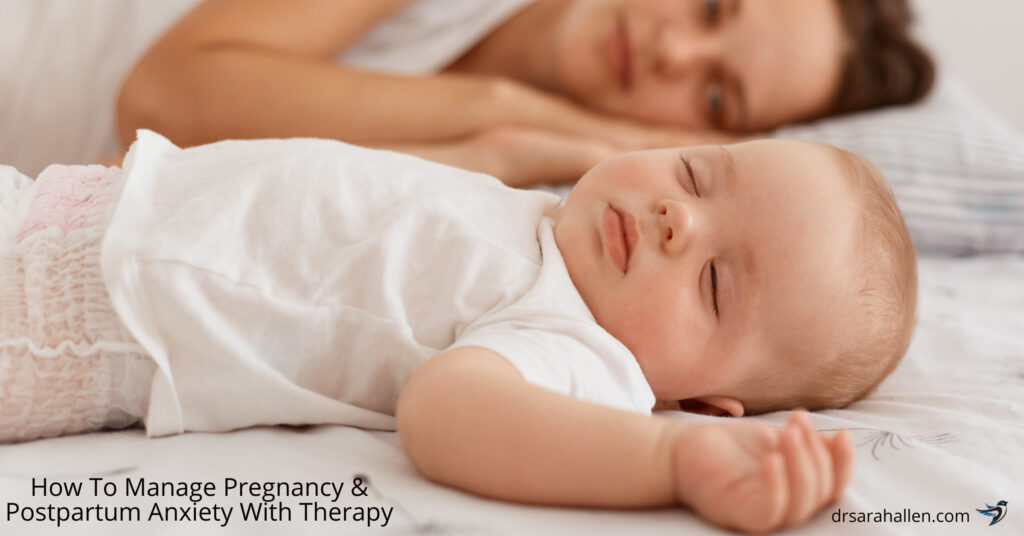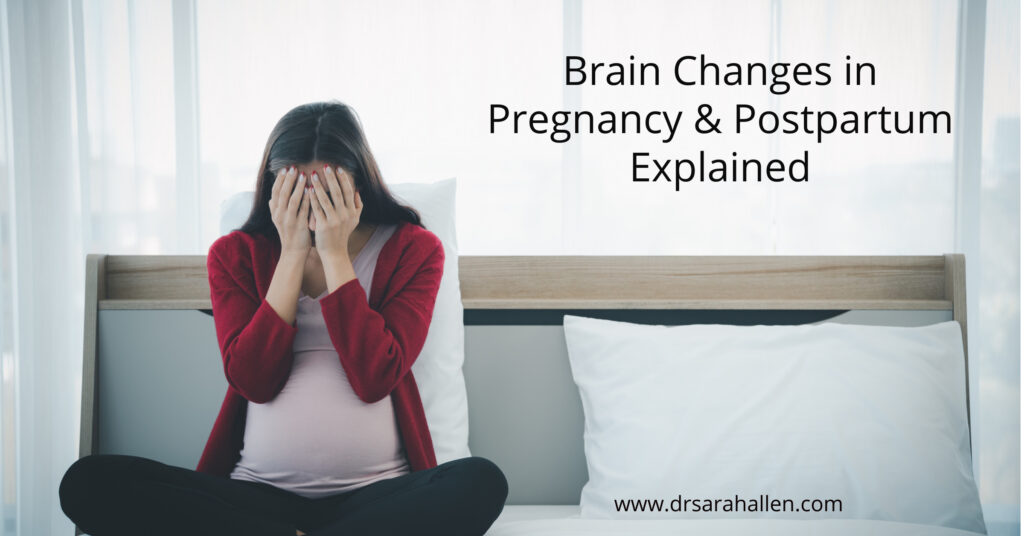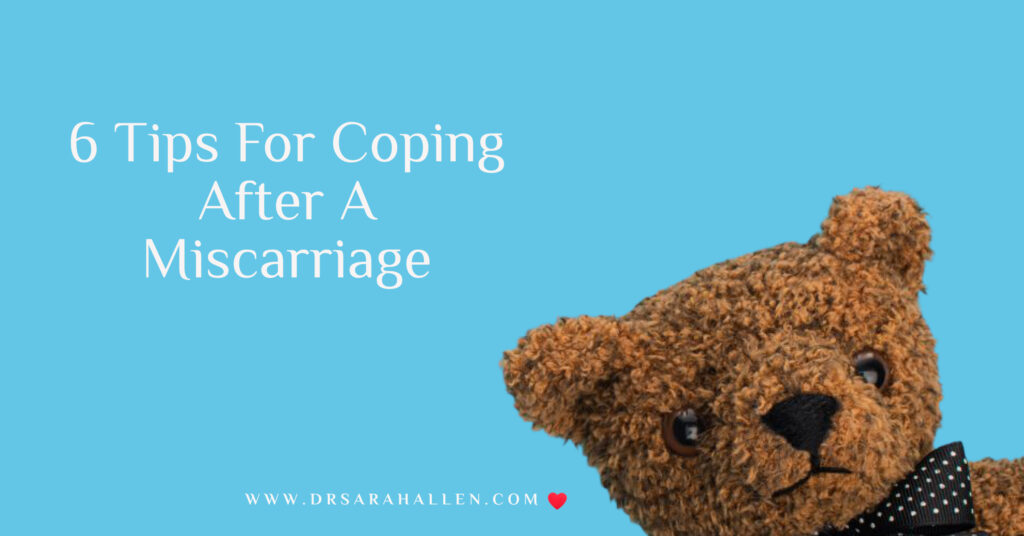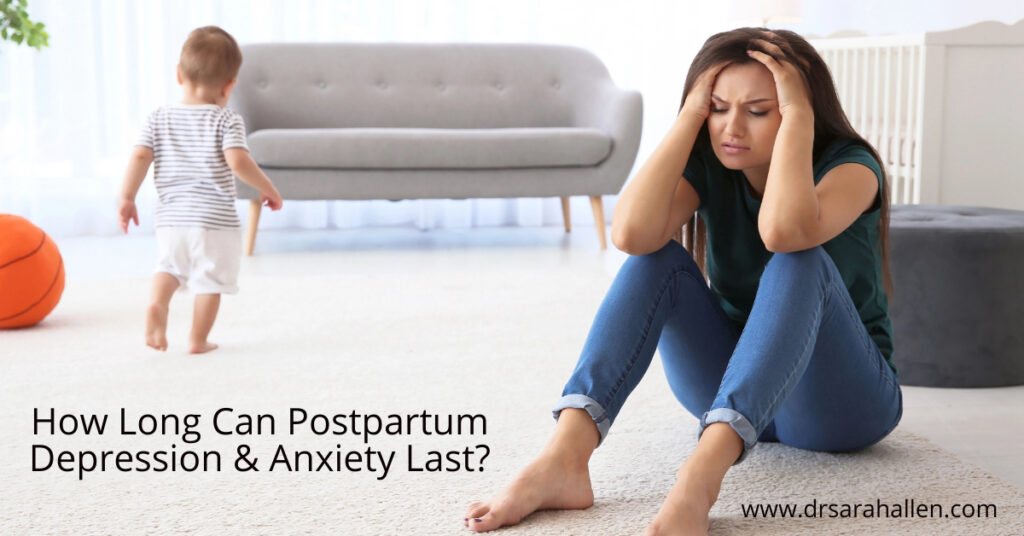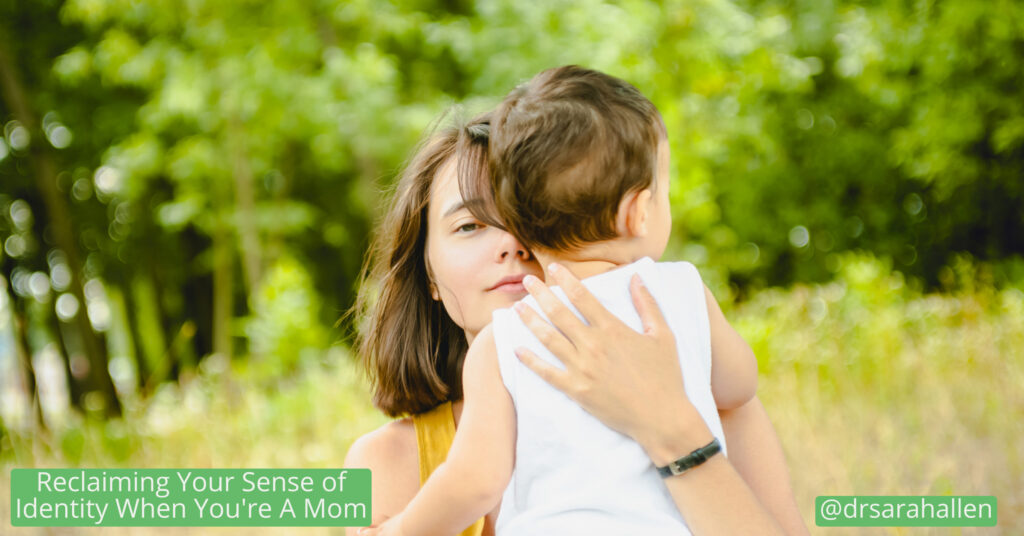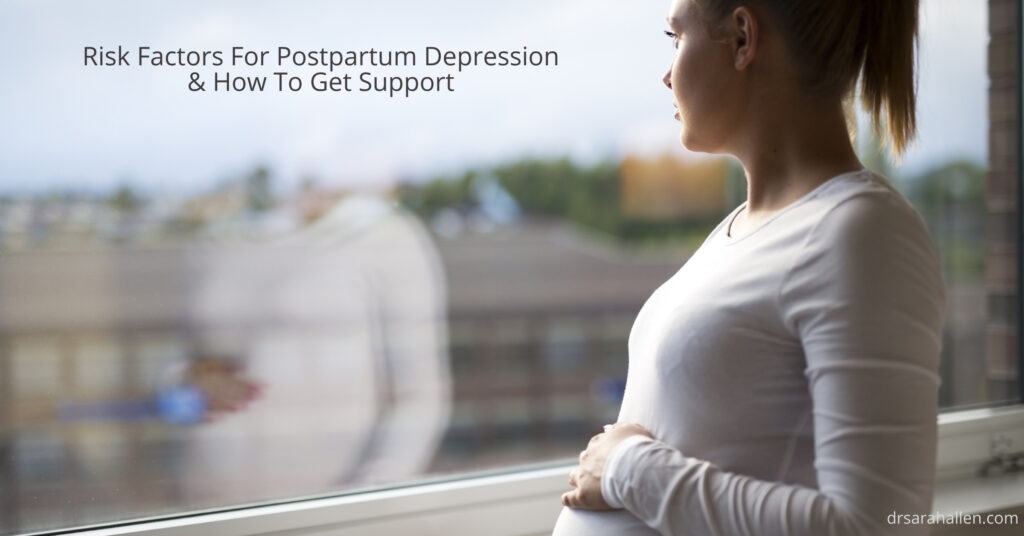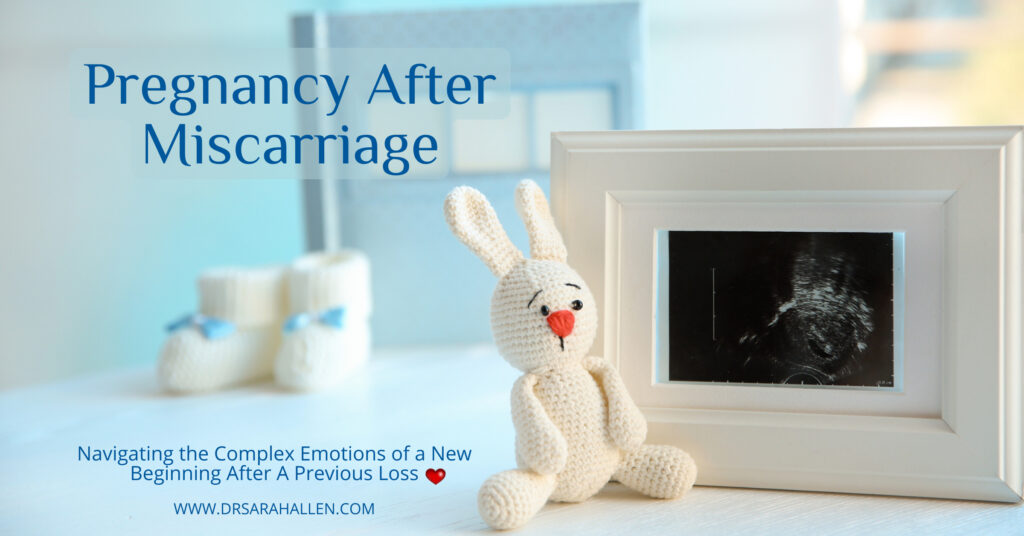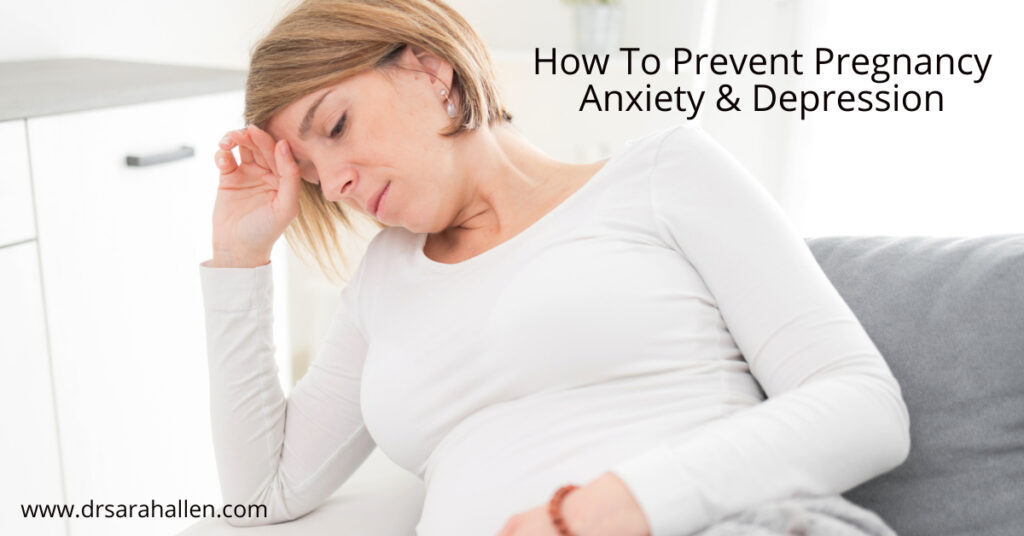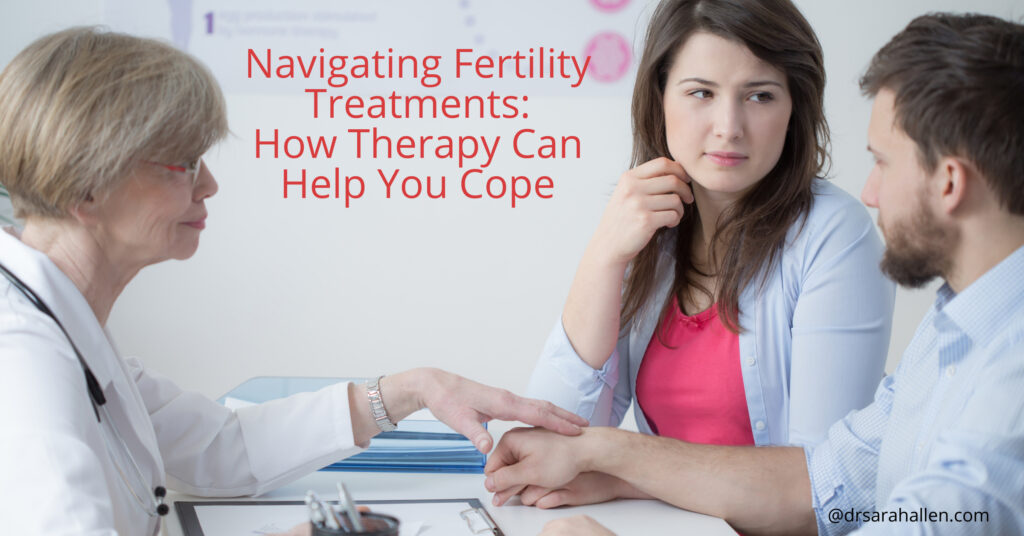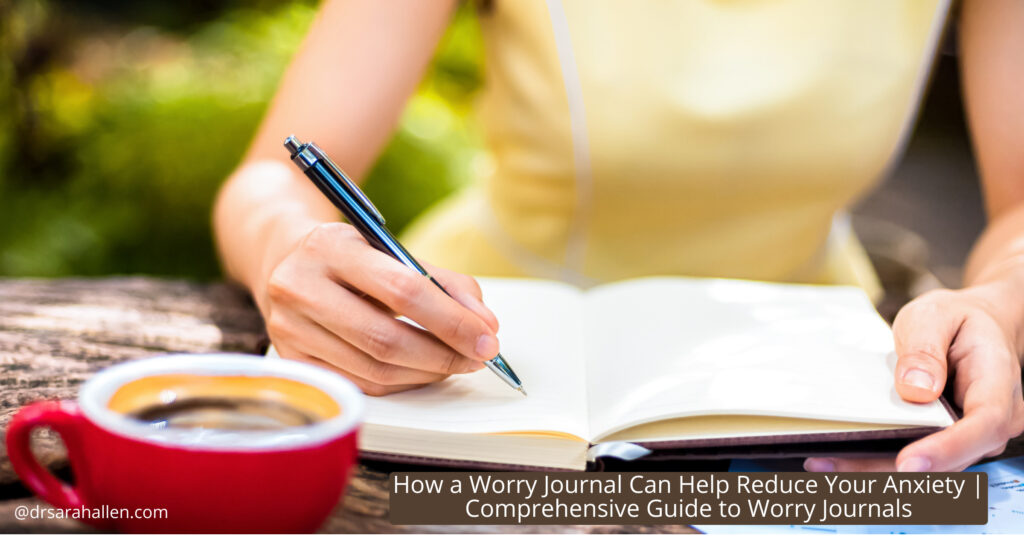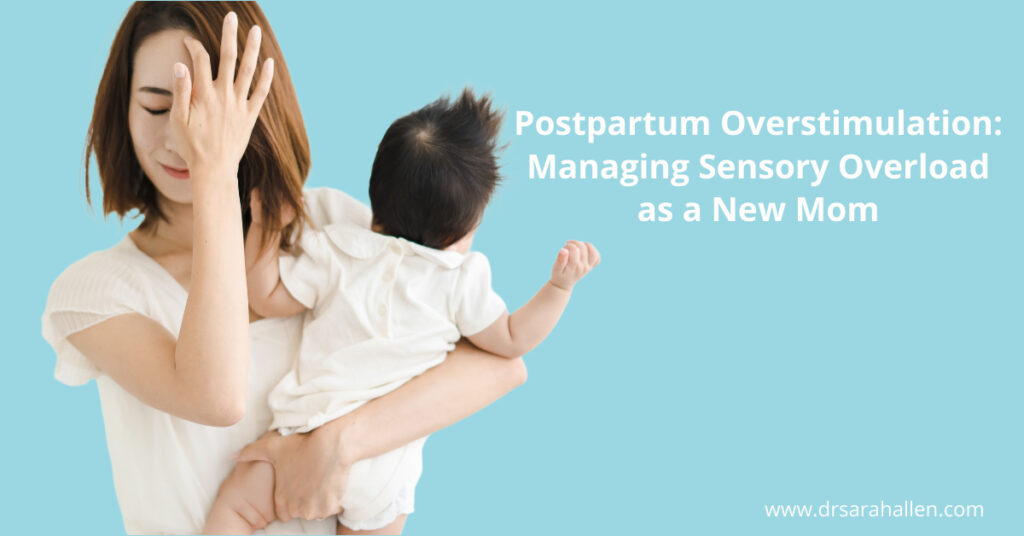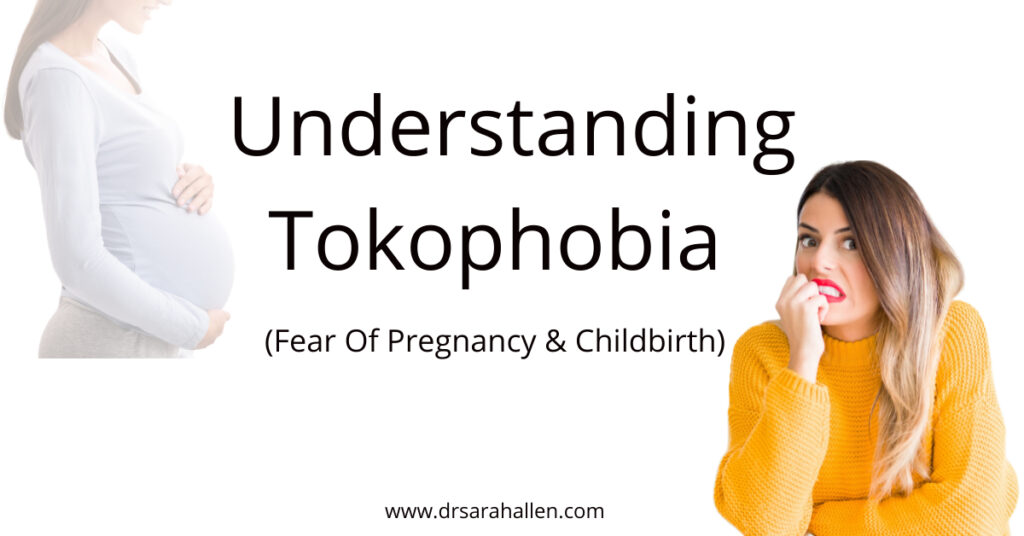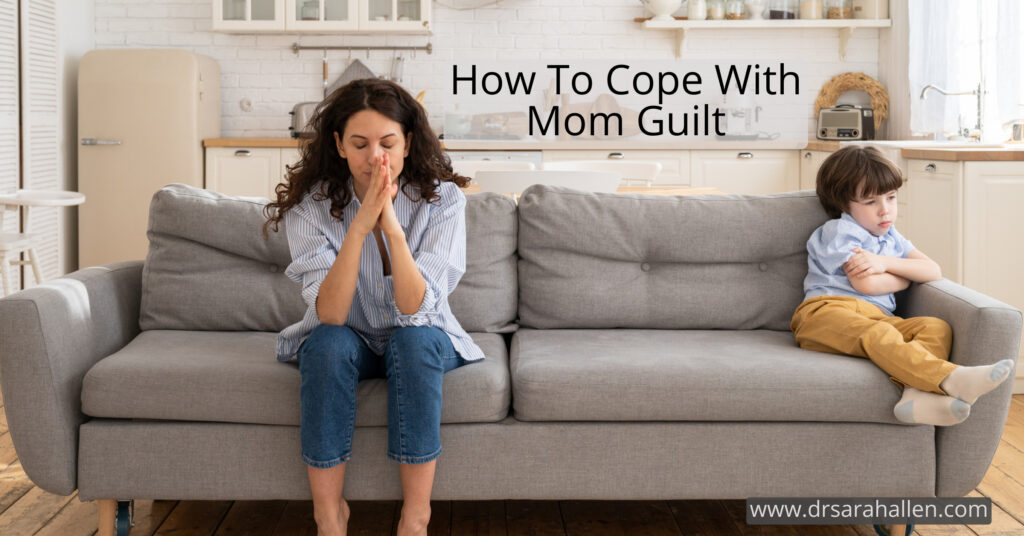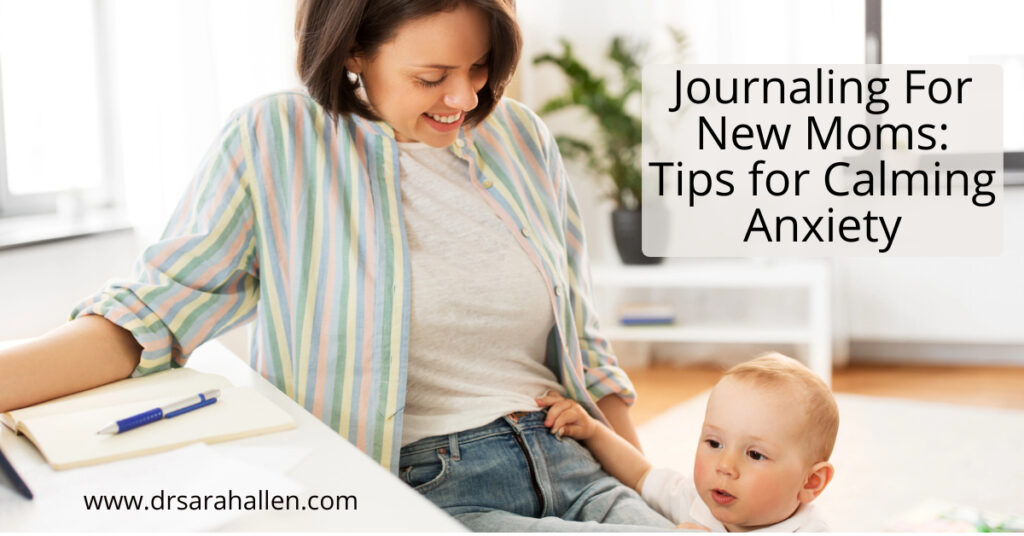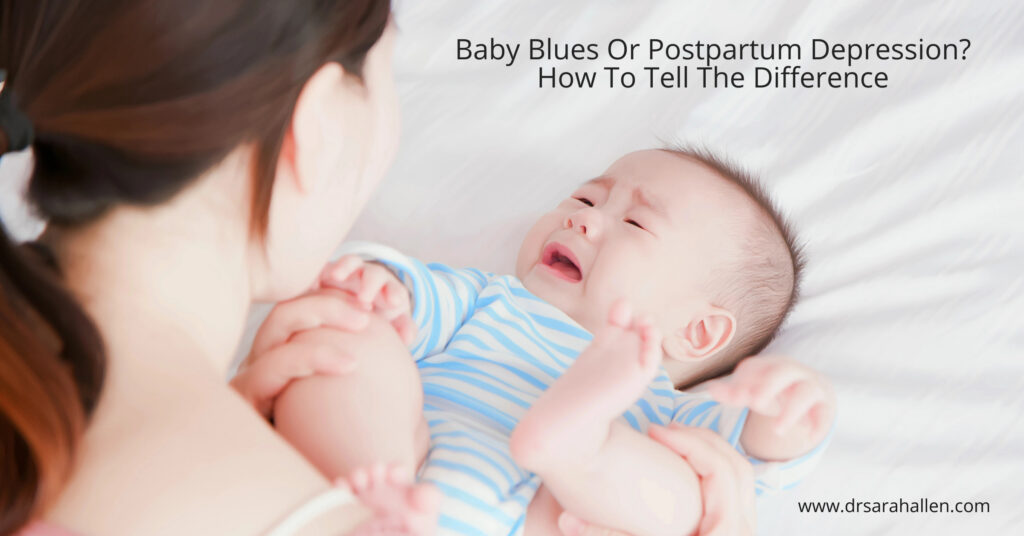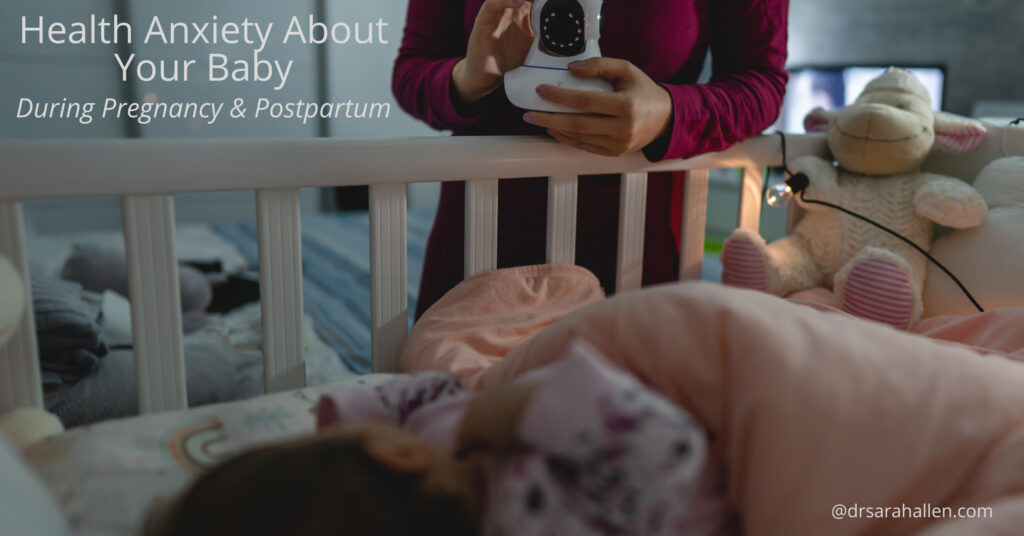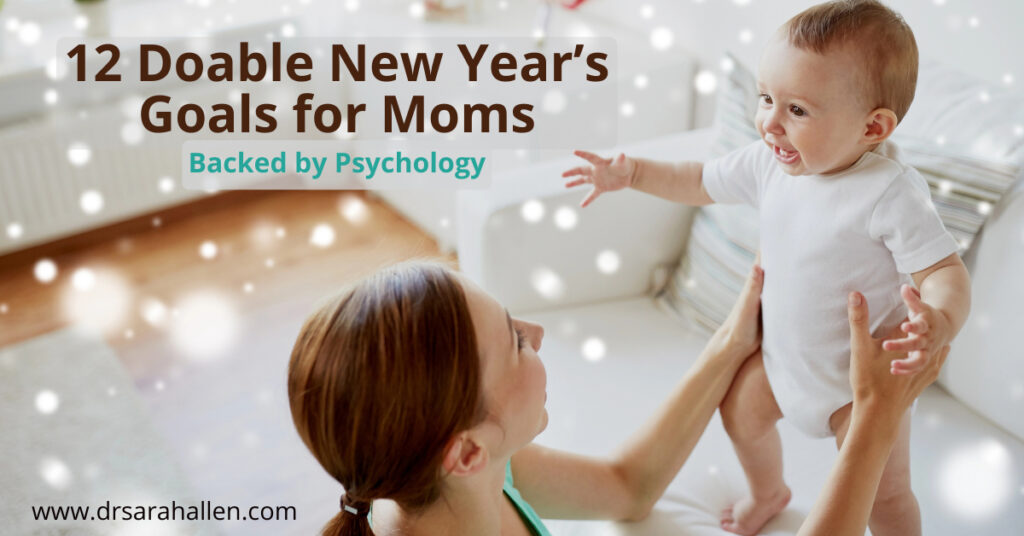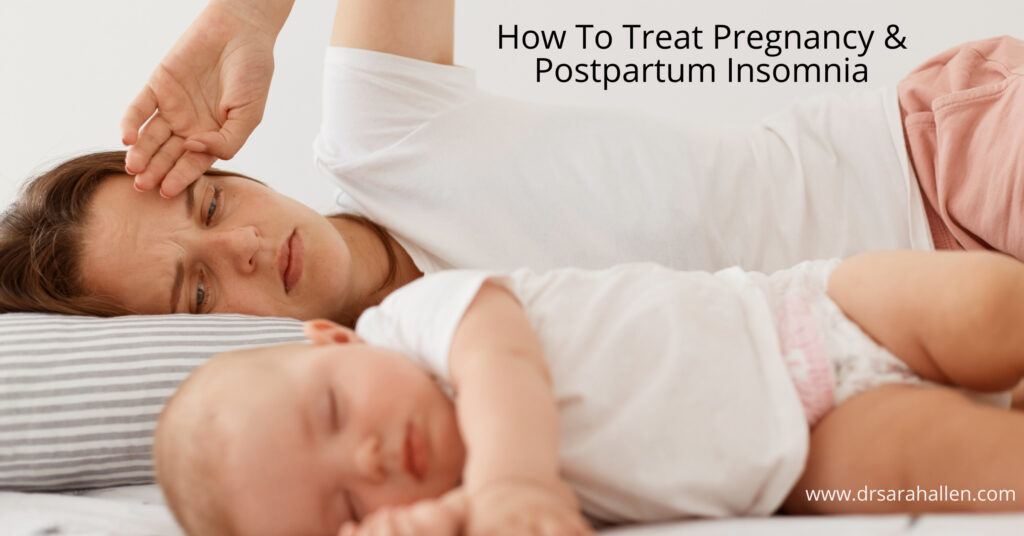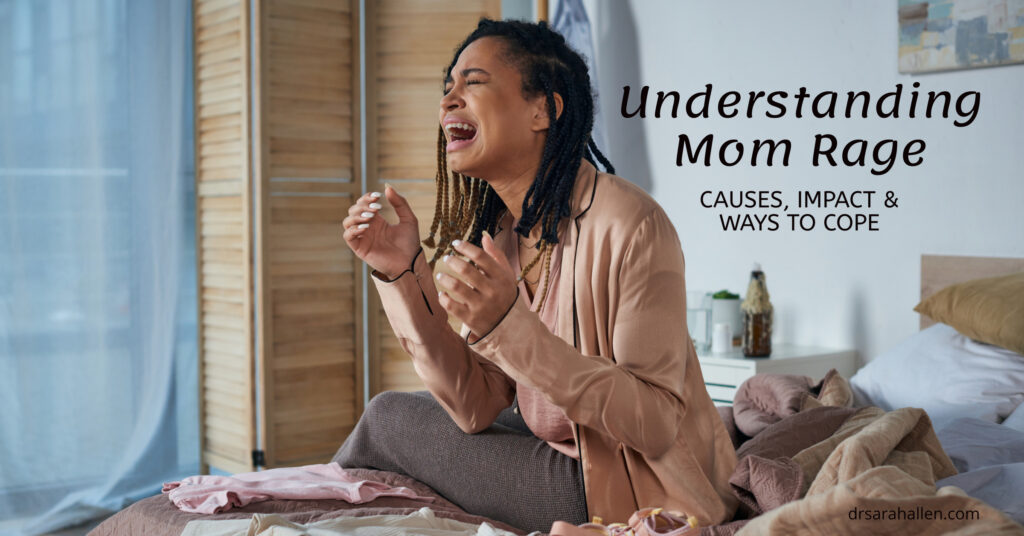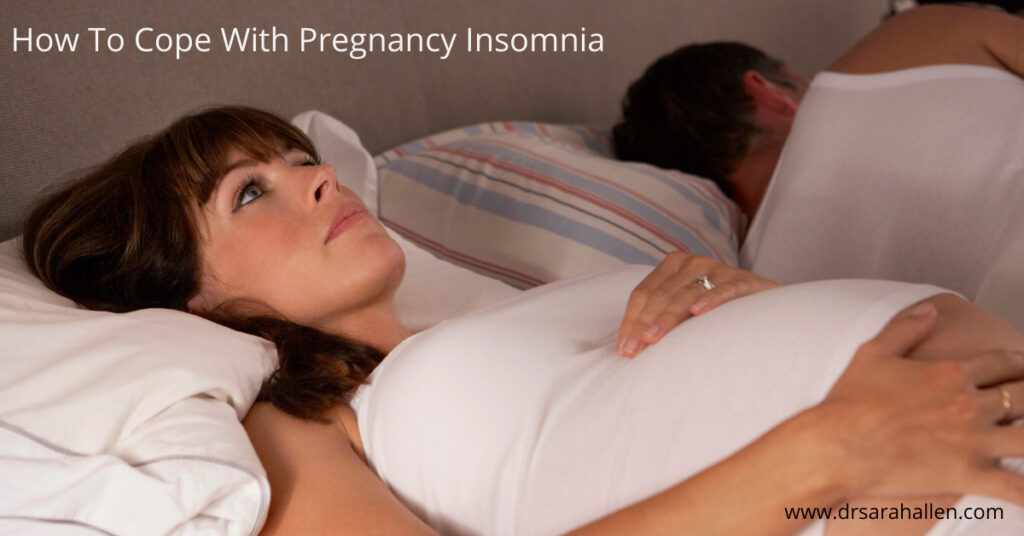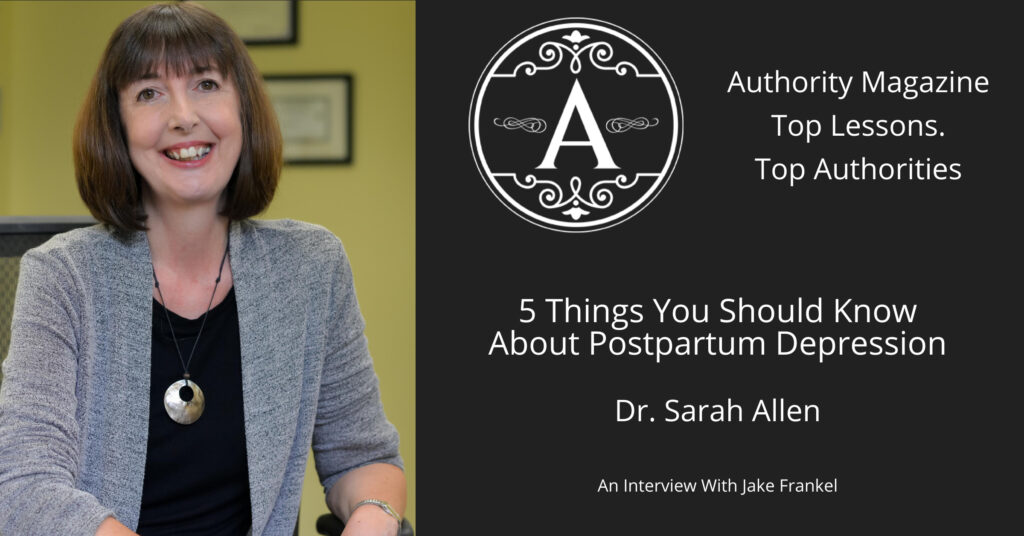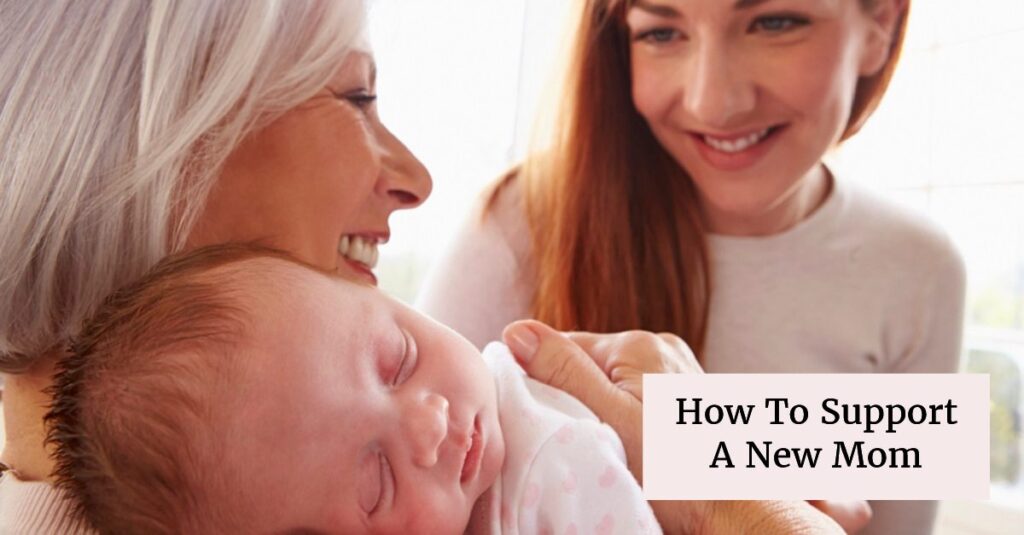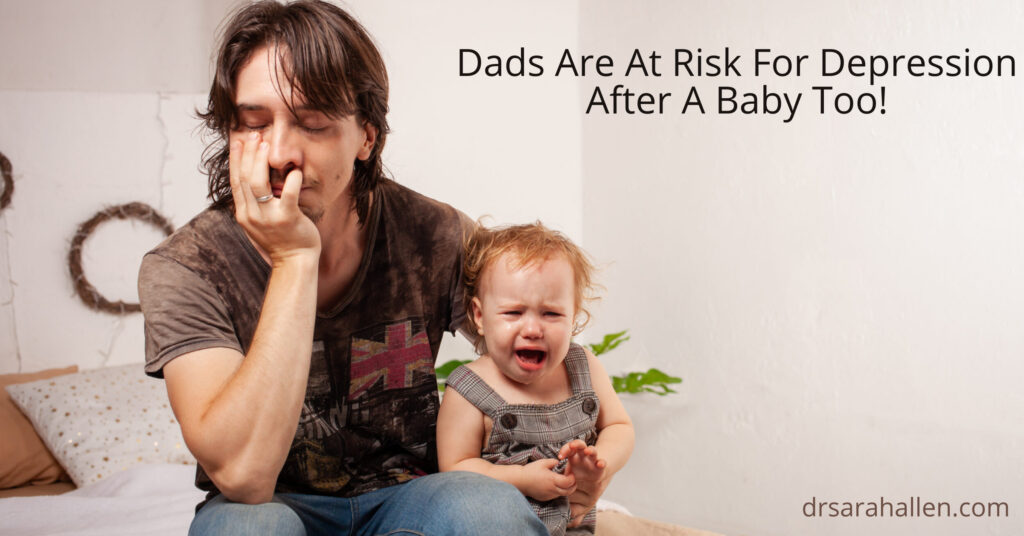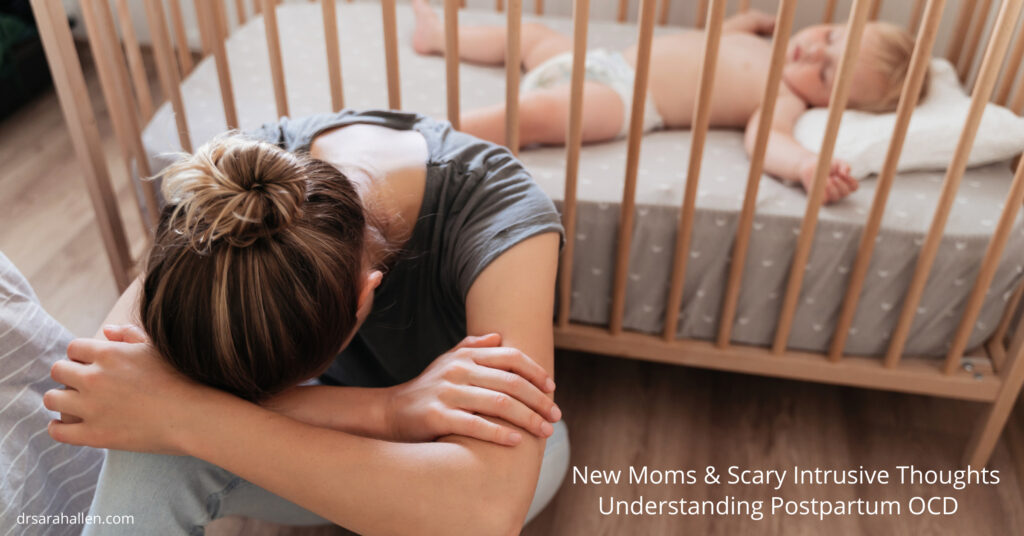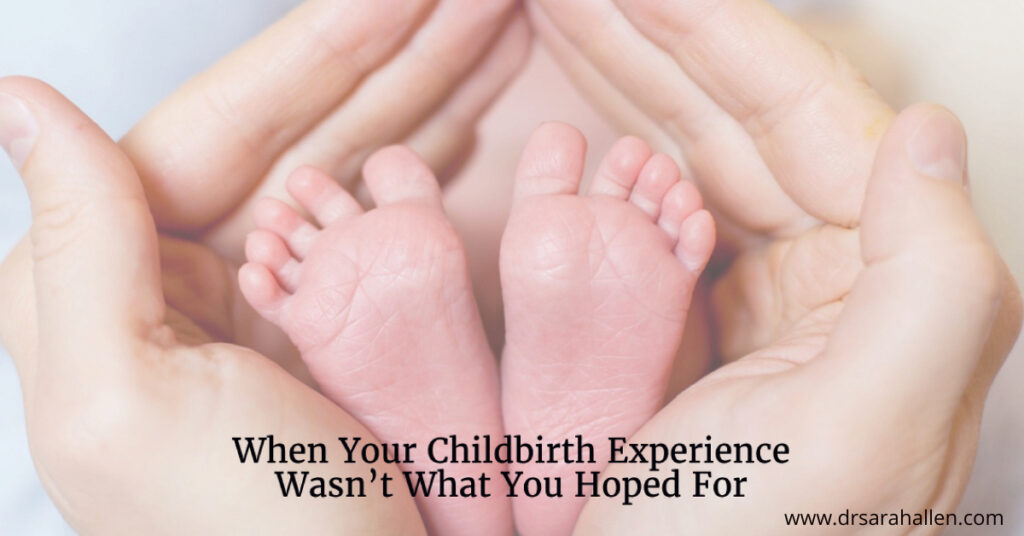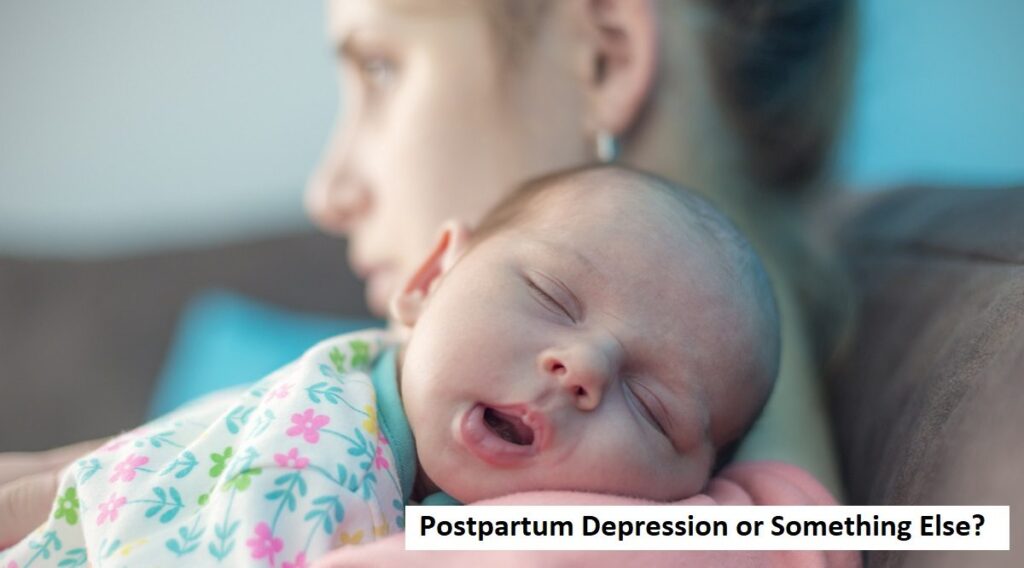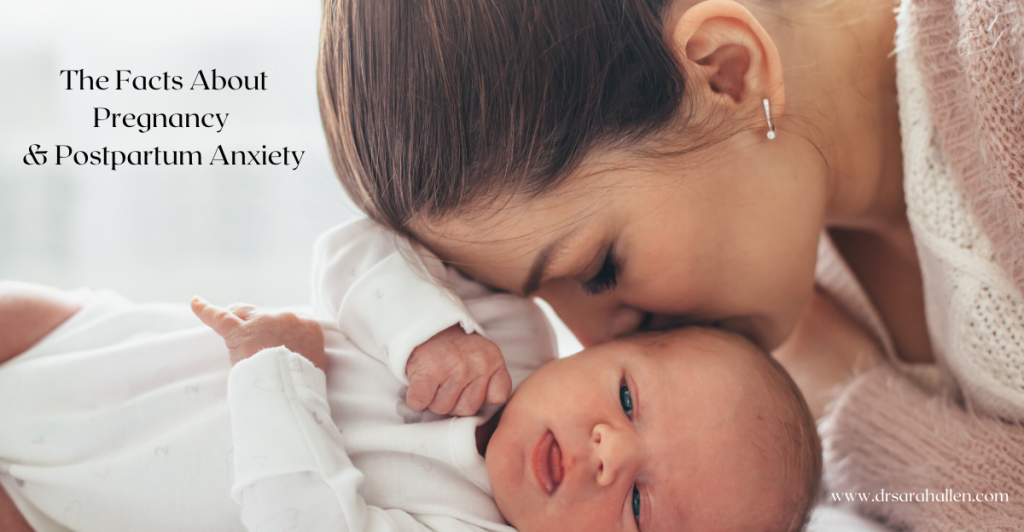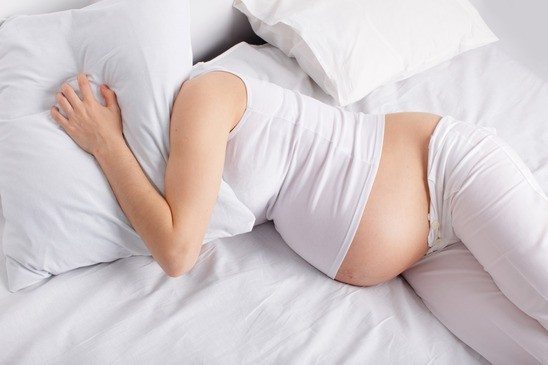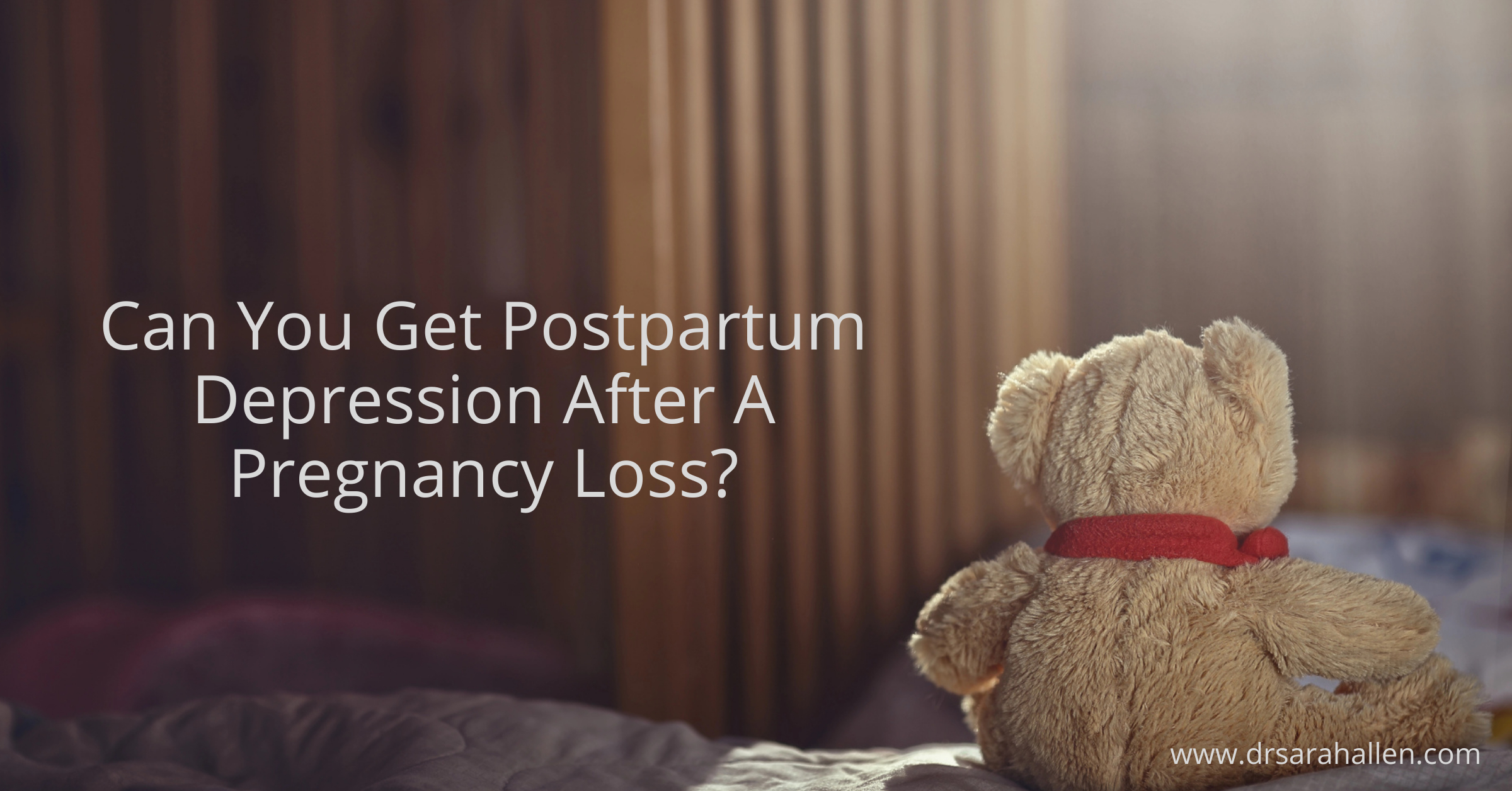
Losing a pregnancy is a heart-wrenching experience that can affect your mental health in ways you might not anticipate. One question I am often asked is whether you can experience postpartum depression after a miscarriage or pregnancy loss. While postpartum depression is commonly associated with childbirth, it’s important to recognize that it can also occur after a pregnancy loss.
The emotional and physical changes following a miscarriage can be overwhelming. Hormonal shifts, combined with the grief and emotional turmoil from the loss, can contribute to feelings of depression and anxiety. Understanding the factors that lead to postpartum depression in these situations can help you seek the support you need.
Talking to a therapist who specializes in loss can be incredibly beneficial. Therapy provides a safe space to navigate your emotions and develop coping strategies. I decided to write this article so we can delve deeper into why postpartum depression can occur after a pregnancy loss and what type of support can help you in your healing journey.
Can You Experience Postpartum Depression After a Pregnancy Loss?
Yes, you can experience postpartum depression after a pregnancy loss. Many people associate postpartum depression with giving birth, but it can also occur after a miscarriage or stillbirth because the emotional trauma and physical changes that follow a pregnancy loss can trigger depressive symptoms. These feelings are valid and should not be ignored.
After a pregnancy loss, you may experience feelings of deep sadness, loss of interest in activities you once enjoyed, and difficulty sleeping or eating. It’s essential to understand that these symptoms can be part of grieving but can also affect you long term. The combination of hormonal changes and emotional upheaval can lead to a more lasting depression and also anxiety.
It’s important to seek professional help if you suspect you are experiencing postpartum depression after a pregnancy loss. Seeking out a therapist that specializes in maternal mental health issues can offer targeted treatments and coping strategies that can help you manage more quickly.
Hormonal Factors Contributing to Postpartum Depression
Hormonal changes play a significant role in depression after having a baby and after a pregnancy loss. During pregnancy, your body undergoes extensive hormonal shifts to support the developing fetus. After a loss, these hormones can drop suddenly, leading to mood swings and depressive symptoms.
1. Estrogen: This hormone is abundant during pregnancy and drops sharply after a loss. Low estrogen levels can contribute to feelings of depression and anxiety.
2. Progesterone: Like estrogen, progesterone levels rise during pregnancy. A sudden drop in this hormone can also lead to mood disturbances.
3. Cortisol: Known as the stress hormone, cortisol levels can become unbalanced during the emotional distress of a pregnancy loss, contributing to feelings of overwhelm and sadness.
4. Prolactin: While prolactin is associated with milk production, its levels also rise in pregnancy. The drop in prolactin levels can destabilize mood.
5. Oxytocin: Often called the “love hormone,” oxytocin levels can also dip after a pregnancy loss, impacting emotional well-being.
Understanding these hormonal factors can help you recognize that what you’re experiencing is a normal response to significant physical changes. Speaking to a healthcare provider about these issues can provide insight and treatment options to help balance your hormones and improve your mood.
Emotional Factors Affecting Mental Health After a Miscarriage
The emotional toll of a miscarriage can be devastating, influencing your mental health significantly. The experience of losing a pregnancy often brings a mix of emotions, including sadness, anger, guilt, and confusion. These feelings can be overwhelming and contribute to postpartum depression.
1. Grief and Loss: The immediate reaction to a miscarriage is often profound grief. You may feel a deep sense of loss for the baby you were expecting and the future you envisioned.
2. Guilt and Self-Blame: Many individuals blame themselves for the miscarriage, even though it is usually beyond their control. This misplaced guilt can lead to negative thought patterns and contribute to depressive symptoms.
3. Fear and Anxiety: After a miscarriage, you may feel anxious about trying to conceive again or fear that it may happen again. These worries can be hard to manage without support.
4. Isolation: Feeling isolated or believing that others do not understand your pain can intensify feelings of loneliness and depression. You may withdraw from social activities or feel disconnected from loved ones.
5. Anger and Frustration: Experiencing anger towards oneself, a partner, or even medical professionals is common. This anger, if not addressed, can worsen your emotional state.
How Talking to a Therapist Specializing in Loss Can Help
Because I specialize in pregnancy loss and trauma, I understand the unique challenges and emotions tied to pregnancy loss and can offer tailored support.
1. Safe Environment: I can provide a safe, judgment-free space where you can express your feelings openly. Talking about your experience can be a crucial step in processing your grief.
2. Coping Strategies: I can teach effective coping mechanisms to manage the emotional and psychological effects of a miscarriage. These strategies can help you navigate daily life more comfortably.
3. Validation of Feelings: It is important to recognize the validity of your emotions. This can provide comfort and reduce feelings of isolation. Knowing that your reactions are normal can be reassuring.
4. Guidance and Support: I can offer practical guidance on how to handle relationships, work, and other responsibilities while grieving. This support can help you maintain a sense of normalcy.
5. Long-term Healing: Engaging in therapy can contribute to your long-term emotional well-being. We can work together to develop skills and resilience that support ongoing recovery and future emotional health. My clients often go on to try for another baby and we can also develop strategies for managing the anxiety that frequently happens during pregnancy when you have had a loss previously.
Conclusion
Coping with postpartum depression after a pregnancy loss is challenging, but understanding the hormonal and emotional factors involved can help you process what has happened. I have found that it is important to address both the physical changes and the emotional toll of a miscarriage to achieve healing.
Discussing your feelings with a therapist that specializes in mental health issues related to a woman’s reproductive life can provide the validation, support, and coping strategies you need to navigate this difficult time. If you’re dealing with the aftermath of a pregnancy loss and need support, please don’t hesitate to reach out to me. I always prioritize seeing clients who have experienced a loss and I will aim to get you in to see me quickly.

Dr. Sarah Allen has 25+ years of experience in private practice helping women to transition to being the mom they want to be. She is the Founding Director of the statewide non-profit Postpartum Depression Alliance of IL. She also specializes in pregnancy loss & infertility & has published research on postpartum depression and traumatic childbirth.
If you would like to work with Sarah, please phone her at 847 791-7722 or on the form below.
If you would like to read more about me and my areas of specialty, please visit Dr. Sarah Allen Bio. Dr. Allen’s professional license only allows her to work with clients who live in IL & FL & the UK and unfortunately does not allow her to give personalized advice via email to people who are not her clients.
Dr. Allen sees clients in person in her Northbrook, IL office or remotely via video or phone.

What Can I Read That Helps Me While I Am Waiting For My First Appointment With Sarah?
If you feel that you may be experiencing pregnancy or postpartum mood disorder, or worry that you may be at risk of developing it, please download my free booklets below.
See each specific webpage to download one or many.
